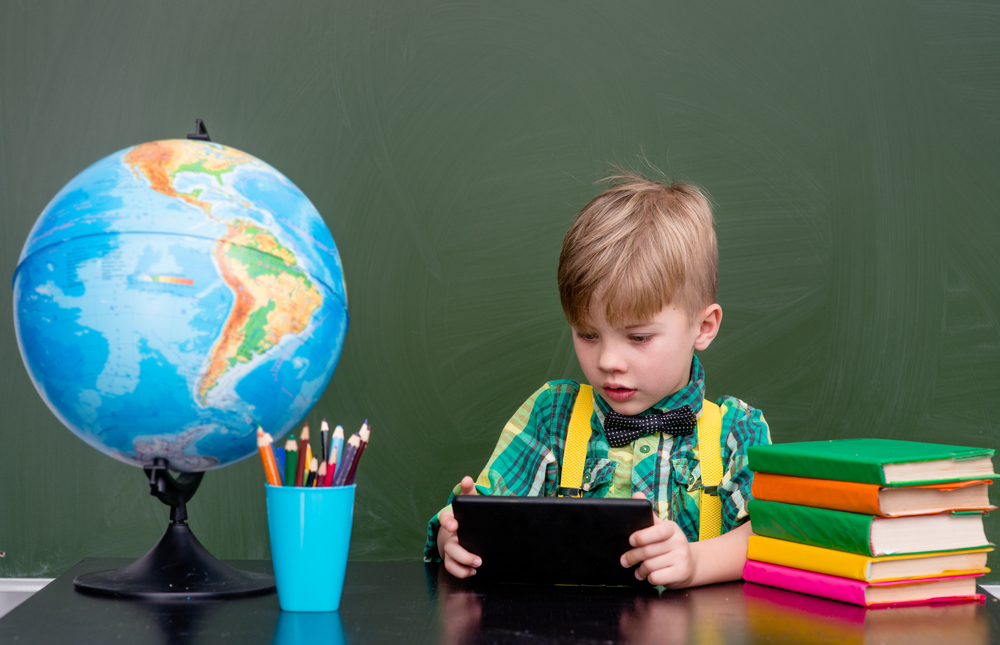Modern day innovators are finding new ways to adapt and develop education to make it more accessible. Here’s a list of some of the unique and FREE ways education is being enhanced and being made more accessible.
There is almost always a cost associated with education, which is what impedes many children and adults in their pursuit of an education. However, as technology further progresses, modern day innovators are finding new ways to adapt and develop education to make it more accessible.
Here’s a list of three unique and free ways education is being enhanced and being made more accessible to the public:
1. Khan Academy
Khan Academy has revolutionized education by providing a free online education platform. It is well known as being an entirely non-profit organization, created to provide free education for students from around the world, aiming to help overcome financial barriers for students in need of extra help who can’t afford tutors and extra classes. The creator, Salman Khan, is an educator with multiple degrees from Harvard and MIT, who believes strongly in ensuring the accessibility of education for students. His website has over 10 million students, and many of the videos have each amassed over a million hits on YouTube. It comes to no surprise that Khan Academy is hailed as an education haven by many, as it provides detailed, informative, and easy-to-understand information completely free of charge.
2. iTunes U
Seeing other tech companies introducing education-targeted apps and services, Apple was quick to introduce one of its own, iTunes U. Essentially, iTunes U is a branch of iTunes through which universities can upload courses which can then be viewed by anyone completely for free. Universities upload certain courses, in a variety of different subject areas and fields, and they are therein available to be viewed by anyone for free. The universities who upload such courses are often very prestigious universities, including Oxford University, Yale University, among others, ensuring that the information provided by the courses are reputable. In an attempt to make this application even more accessible, iTunes U can be downloaded on both Apple products as well as PC’s. Although iTunes U does not offer any university credits or degrees, it provides students and anyone interested in learning with an easy medium through which they can access courses from some of the best universities in the world.
3. Public Libraries
With the glory and excitement of the Internet, it’s easy to forget about the abundance of resources available at local public libraries. Not only are libraries laden with books and multimedia, ranging from fictional literary classics to academic textbooks in nearly any subject, many offer several other services as well. Libraries are often staffed with incredibly knowledgeable and skilled librarians, who are quick to help and support people. One librarian from New Haven was recently accredited with the prestigious I Love My Librarian Award, for her achievements in the public service sector, through providing educational programs and services to those in need in her community. Libraries like these are not just havens for books and reading, but community centres in which people can engulf themselves in matters of interest and engage with others with similar interests.
Education Is a Basic Human Right
As defined by UNICEF and several other prominent human rights advocates, “education is a basic human right”. By labelling it a human right, we are implying that education is, and should be, made available to everyone with no limitations. In other words, it shouldn’t matter whether someone is male or female, religious or not, nor should it matter if they are rich or poor. Why, then, is education only available to those who can afford it?
Many of us are fortunate enough to be living in countries in which the public education system is provided free of charge, and often times, additional services are provided to students in need. There are of course anomalies and imbalances within this system, but as a whole, the education system does an adequate job of adhering to idea of education being a human right, and thereof being accessible by, and to, all.
Technology is growing at an incredibly rapid rate, and is being integrated into nearly every aspect of daily life, so why not use it to our advantage? If we foster the power of technology to further enhance education and make it more accessible for those in need, then not only would we be providing better resources for future generations, but society would be benefiting as a whole. As Nelson Mandela once famously said, “education is the most powerful weapon which you can use to change the world”, so let us continue to find innovative ways to make education more accessible, so that every child in the world has an opportunity to change the world.













